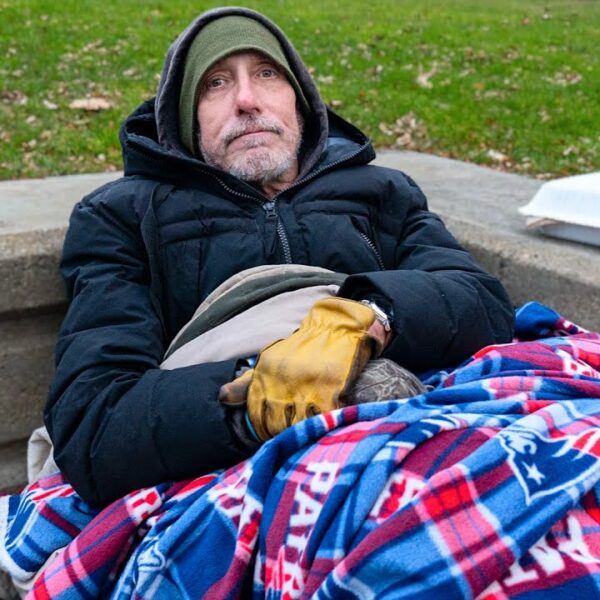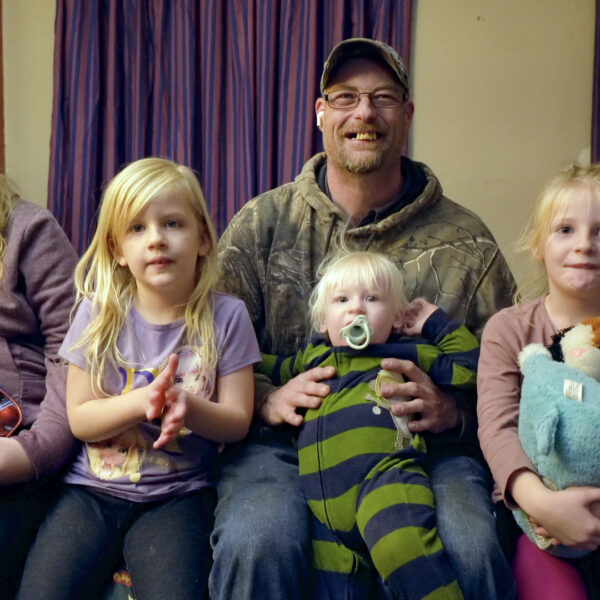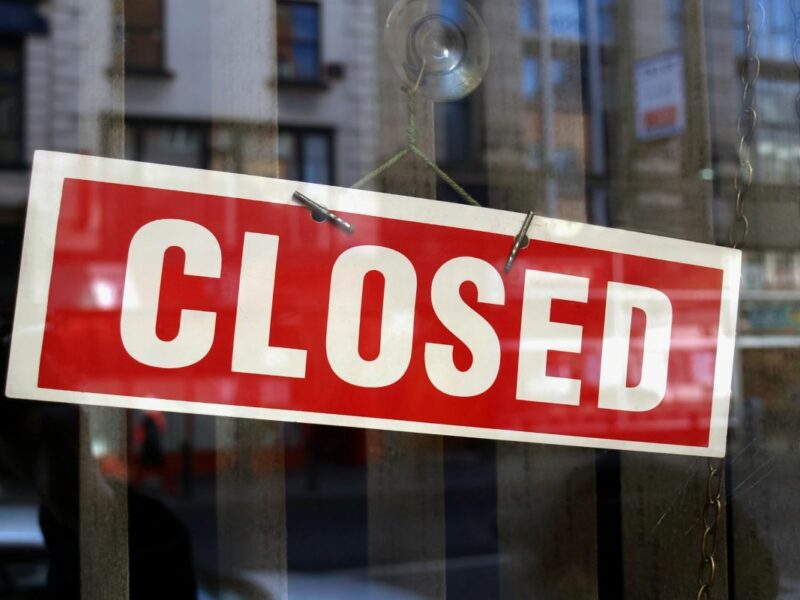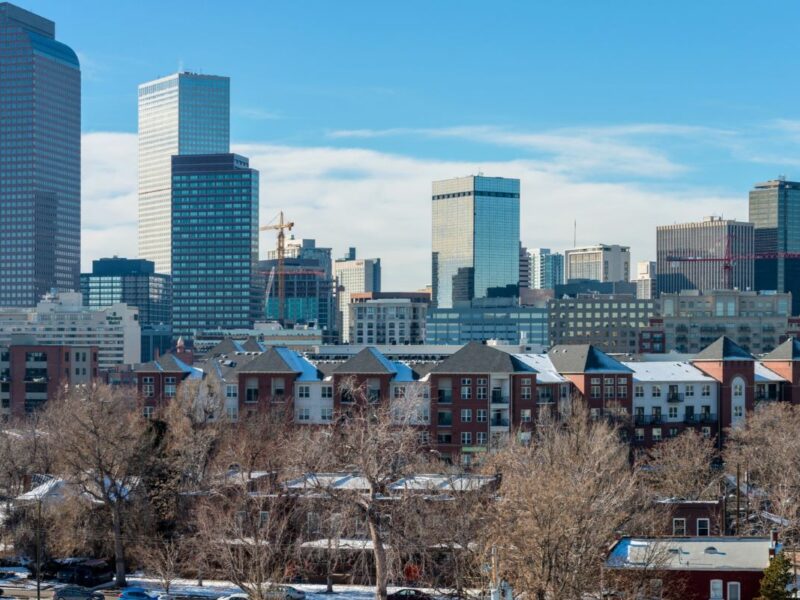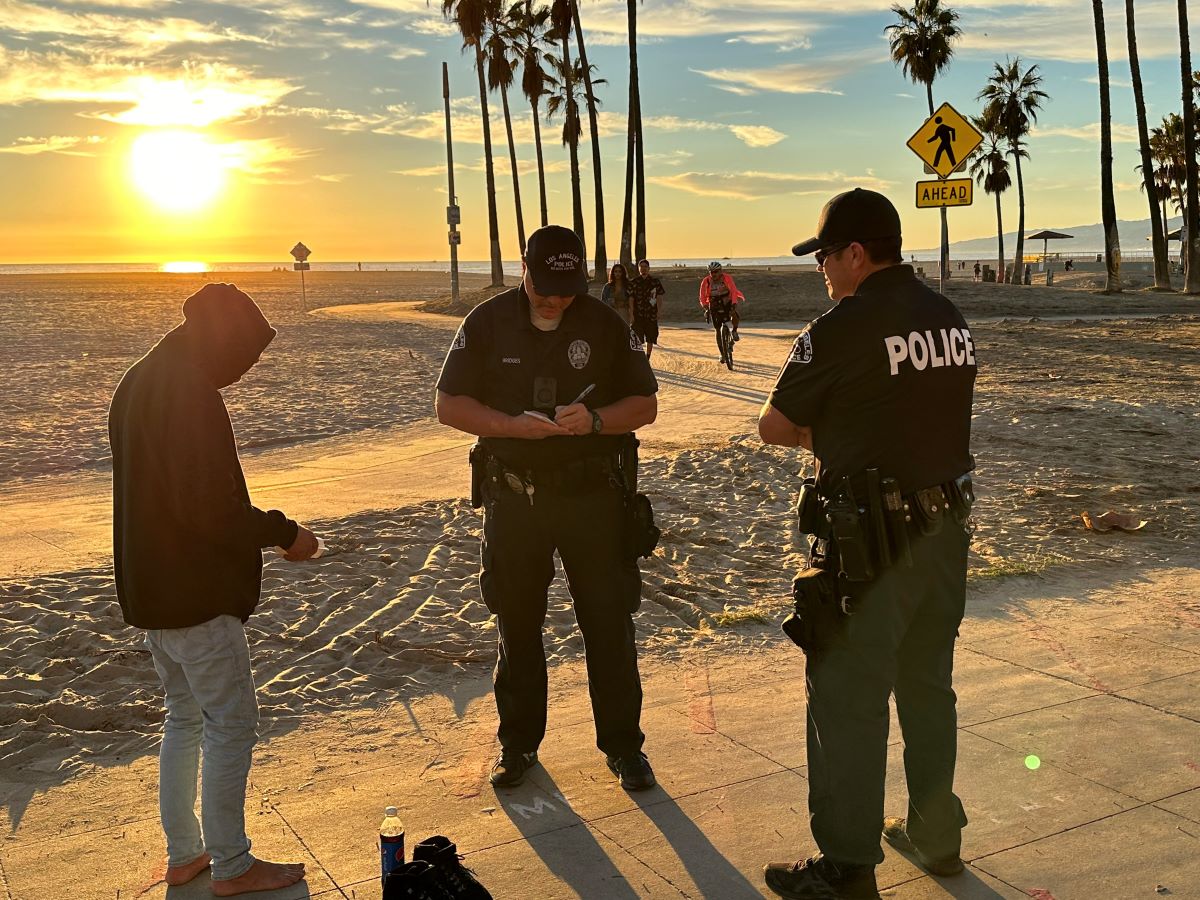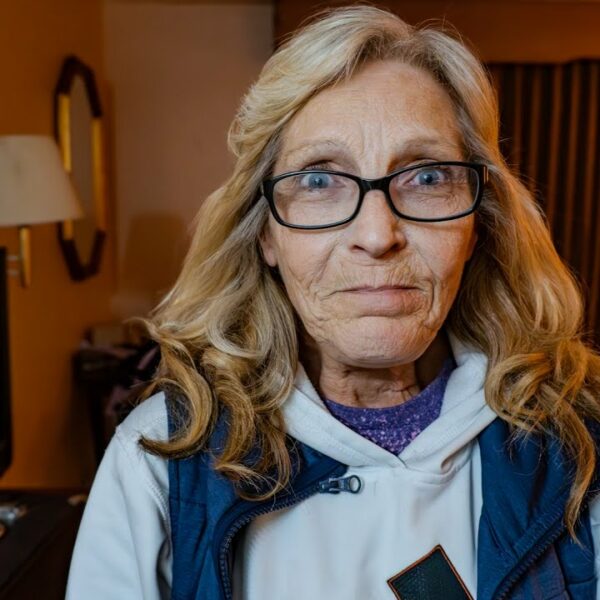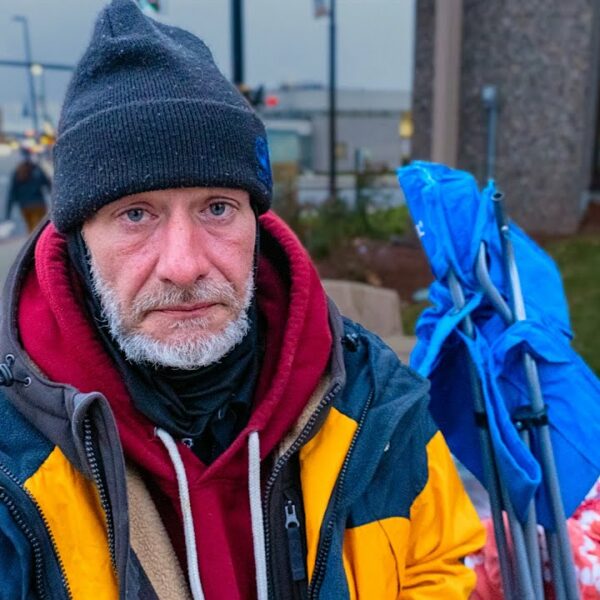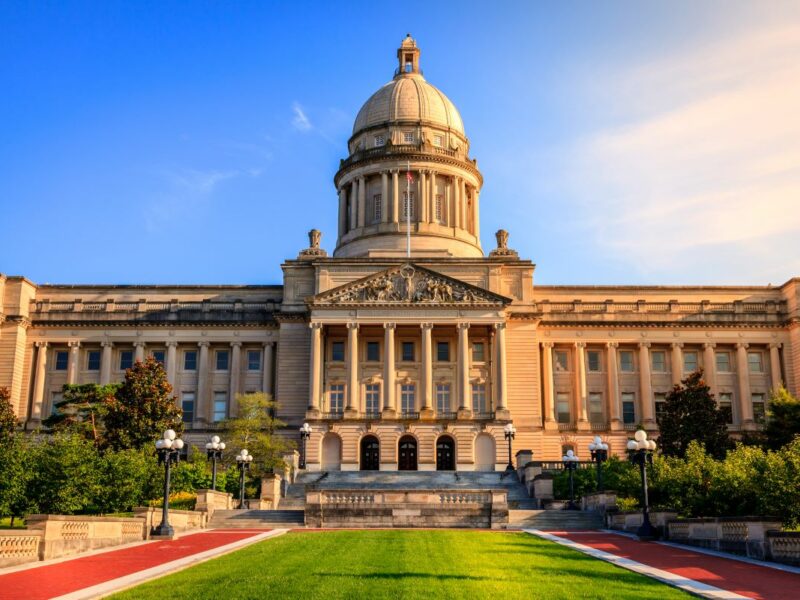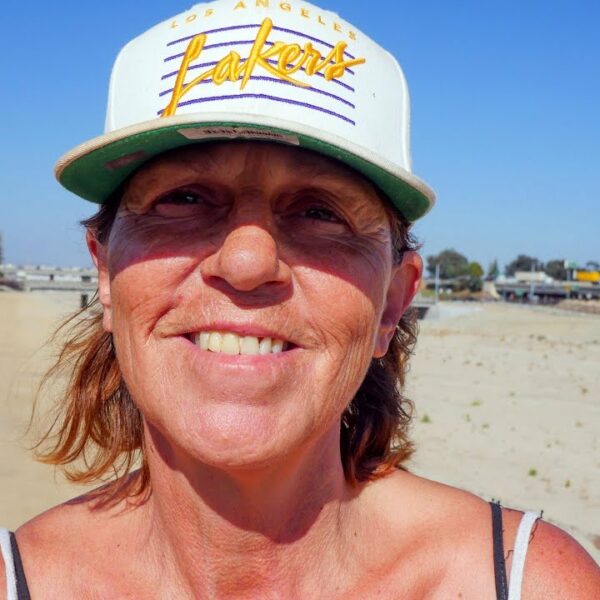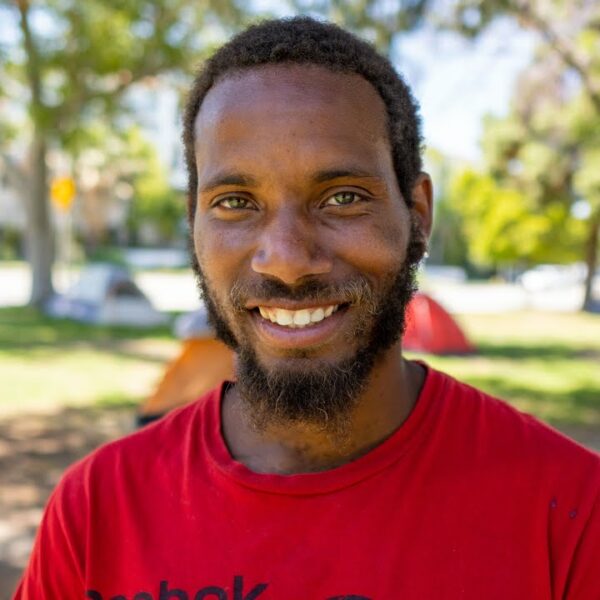The United Nations Human Rights Committee recently called on U.S. officials to abolish laws criminalizing homelessness in concluding observations from the body’s fifth periodic report on the country.
Concluding observations are produced at the end of every session for participating states to review. They often include policy recommendations from the U.N. for states to meet the International Covenant on Civil and Political Rights, originally adopted in 1966. The recommendations are not legally binding.
It comes as state and local officials continue to pass a litany of laws that criminalize aspects of homelessness, like sleeping outside, sharing food, and panhandling. The recommendations also follow a report from the National Homelessness Law Center that shows the U.S. is failing to stem the tide of rising homelessness and failing to provide adequate, affordable housing.
“Making it illegal to be homeless is an expensive way to make homelessness worse. We need housing, not handcuffs,” David Peery, an advocate with lived experience and the executive director of the Miami Coalition to Advance Racial Justice, said in a press release.
Laws criminalizing homelessness are not new in the U.S. Still, their existence is becoming more pernicious as high rents and home prices continue to shake the stability of many low-income earning households.
Data from Princeton University’s Eviction Lab shows that eviction filings in cities like Las Vegas, Nevada, Minneapolis, Minnesota, and Houston, Texas, have all surpassed their pre-Covid averages by at least 40%. Las Vegas leads the nation with a 64% increase in evictions relative to pre-Covid levels.
At the same time, Siya Hegde, a lawyer for the NHLC, told the U.N. Human Rights Committee that the lack of affordable housing in the U.S. helps fuel the harmful narrative that mental health issues are a root cause of homelessness. Hegde said that many U.S. jurisdictions like New York City are using forced treatment policies as a proxy to criminalize homelessness.
“Criminalizing one’s capacity to care for themselves has invited unprovoked, violent attacks against homeless people,” Hegde testified at the time, pointing to the senseless killing of Jordan Neely on May 1, 2023.
The U.N. remarked in its concluding observations from the Human Rights Committee meeting that the U.S. should “abolish laws and policies criminalizing homelessness at all levels, and adopt legislative and other measures that protect the human rights of homeless people…”
Despite the strong wording of the concluding observations, it seems unlikely that the U.S. will meaningfully reform laws that are criminalizing homelessness.
In 2021, the U.S. argued that access to housing is not “inextricably related to or otherwise essential to the enjoyment of the right to life.” The body also argued that addressing homelessness and poverty is outside the scope of the federal government.
To Peery, this stance shows that the U.S. is willing to waste taxpayer dollars on punishing poor people even though the money could be more effectively used to fund housing options for homeless people.
“It costs nearly twice as much to incarcerate someone rather than house them with case management services,” Peery said. “These laws are disproportionately enforced against people of color, who are already disproportionally represented in the homeless population.”
Hegde added that she remains concerned about the number of laws passing through local legislatures and city halls that criminalize homelessness. For example, officials in Norristown, Pennsylvania, have threatened to evict homeless people from a local encampment even though the county shut down the city’s only homeless shelter.
Meanwhile, groups like the Cicero Institute are working with state legislatures to pass laws that would have states take funding away from cities that fail to reduce their homeless populations through criminalization.
“To fulfill the obligations laid out in the Covenant, the U.S. Government’s approach to solving homelessness must focus away from systems and policies that harm our unhoused neighbors and towards the true solution to homelessness: safe, affordable, and dignified housing,” Hegde said.
How You Can Help
Now is not the time to be silent about homelessness in the U.S. or anywhere else. Unhoused people deserve safe and sanitary housing just as much as those who can afford rent or mortgage.
Poverty and homelessness are both policy choices, not personal failures. That’s why we need you to contact your officials and tell them you support legislation that:
- Streamlines the development of affordable housing
- Reduces barriers for people experiencing homelessness to enter permanent housing
- Bolsters government response to homelessness
Together, we can solve homelessness.



